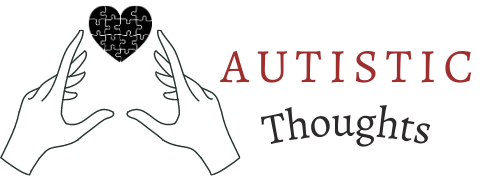During the festive months, it is expected to see an increase in social parties and gatherings. As much as we, as autistic individuals, enjoy seeing our friends and family it can be very mentally and physically draining for us.
There is a common misconception that neurodivergent people avoid social events because they find no satisfaction in them. Whilst for some people this may be true, for us, sometimes it can be knowing how hard the “social hangover” is going to hit us the day after. A “social hangover” is a term used to describe that feeling of exhaustion or discomfort you feel the day after a large social situation. It’s not a medical term, but rather a colloquial way of expressing the fatigue or emotional drain that we experience after spending time with others. Here are some of our favourite tips for these upcoming social parties:
Planning ahead if possible
Before attending any work or family festive party, it can be helpful to plan ahead. Communicate with the organisers of the event about your needs. This might include requesting a quiet space to retreat to if you become a bit overwhelmed or minimal bright lights if they trigger panic attacks or anxiety. As well as communicating these needs, if it is at a public venue that you aren’t familiar with, it can be helpful to look this up online and find an easy way to exit the venue if you begin to feel overwhelmed.
Establish boundaries
Setting boundaries can be crucial for maintaining your well-being, especially during the holiday season. Clearly communicate your limits to others, and don’t be afraid to take breaks when needed. This could include drinking limits, physical touch, or topics of conversation. It’s perfectly acceptable to step away for a few moments to allow yourself to relax and recharge your social battery.
Use calming strategies
Consider bringing along items or engaging in activities that help soothe your senses. This might include loop earplugs, fidget tools, or a comforting item from home. Finding a quiet corner to practice deep breathing exercises or mindfulness can also be beneficial in managing stress and anxiety. If you haven’t found a breathing exercise that works for you, it might be helpful to find some on YouTube and practice them before the event.
Self-care after the event
After the Christmas party ends, prioritise self-care. Allocate time to activities that bring you comfort and relaxation. This might include engaging in a favourite hobby, taking a warm bath, or spending time in a calm and familiar environment. It can also be useful to take some time to reflect on the event and find what worked well and what didn’t. Sharing insights with those close to you can foster a supportive and understanding environment.
We understand that sometimes, no amount of planning can help certain situations, but taking the time to do these things before and after the event can relieve upcoming anxiety and stress about the gathering and allow you to truly enjoy it. Have fun, stay safe and have a wonderful festive season!



